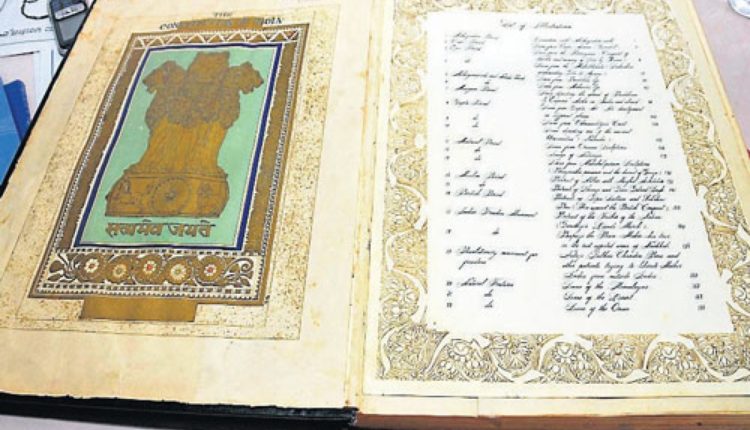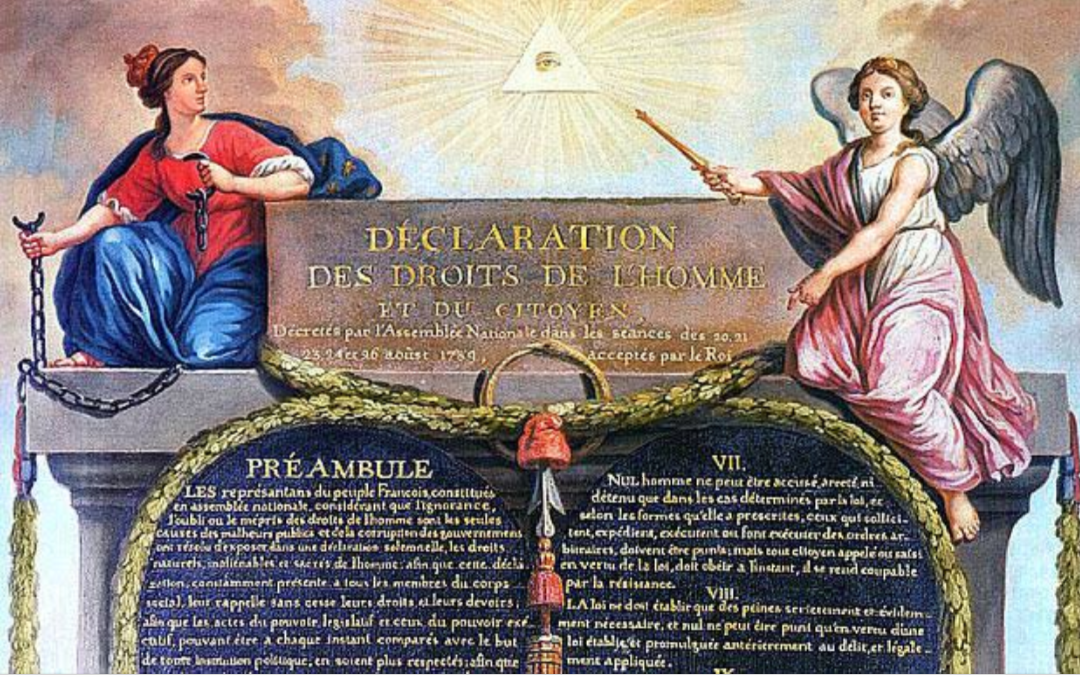“The love of democracy is that of equality and there is no greater tyranny than that which is perpetrated under the shield of the law and in the name of justice”, the words of the great thinker and philosopher, Montesquieu takes us to the resurgence period, the French Revolution.
Fourteenth of July, the National Day of France, the day when masses took to the street and broke the Bastille prison in 1789, beginning the oldest Revolution in the times of history in order to bring democracy and republic abolishing an autocratic regime. The situation at present is completely contrasting where in the name of the pandemic, the chapters holding importance of nation-building attributes have been detached from the academics.

What nationalism meant to the people who were mostly peasants and illiterate?
Eighteen century, when there was no constitution specifying rights of the individuals, the population was divided into three estates giving all the privileges to the nobility and clergy. Around 90% of the population consisting of artisans and farmers was reduced to ‘passive citizens’ with absolutely no rights, access to the property or universal franchise but all they had was an endless burden of paying taxes.
The struggle continued for over 200 years and ultimately a constitutional monarch was established abolishing arbitrary rule and privileges by birth. Rights to hold property, freedom of speech and right to life and elect their own representatives were given to individuals.
Indeed, a hard-earned liberal survival which will be cherished forever. Not the least, the idea of liberty, equality and fraternity has been borrowed by the members of our constituent assembly from the French Revolution only.

What changed over time?
In modern times, privileges a person is given by birth are named as ‘Fundamental Rights’ laid down and specified by a written constitution which can’t be taken away by the state except in times of emergency. But since such rights are no more hard-earned, the government of the largest democracy in the world presumed that understanding nationalism in-depth and realising the true importance of its key features is unworthy.
The preamble to the Indian constitution begins with ‘ We the people of India having solemnly resolved to constitute India into a Sovereign Socialist Secular Democratic Republic’ defining the nature of our State. But such aspects will no more be taken into account.
Today, nationalism is understood with the degrees of massacres and riots while the real essence of it has been deep-buried somewhere.

How can we expect what we never taught?
The decision of the Central Board of Secondary Education to eliminate a few chapters from the syllabus for the academic year 2020-21 in order to reduce it by 30% is earning wide criticism. In virtue of the pandemic and nationwide shutdown, online classes are the only measure left as a solution. The decision may prove to be beneficial keeping in mind the limited time for lectures, fluctuating networks and examination stress. But when the young minds aspire to be true nationalists and good citizens, such a decision becomes broadly unacceptable.
The eliminated chapters in the subject of political science include-
•Democratic Rights: Include the right to take part in electing the Government and the right to access and participate in the public service.
•Federalism: A mode of political organization that unites separate states or other polities within an overarching political system in a way that allows each to maintain its own integrity.
•Citizenship: It is the status of a person recognized under the custom or law of a sovereign state as a member of or belonging to the state. [ A person is not entitled to vote if he/she isn’t the citizen of that country]
•Secularism: It means separation of religion from political, economic, social and cultural aspects of life, religion is being treated as a purely personal matter. It emphasized the dissociation of the state from religion and full freedom to all religions and tolerance of all religions.
How the powers are shared among the Central and state governments? How can we make sure that the elections held were free and fair? How people following different religions live together in peace and harmony? What is the concept of naturalised citizenship to which amendments have been brought recently? These are a few of the many questions which political science students of this academic year will find difficult to answer.
And when Gandhi said, “The future depends on what you do today”, he surely wasn’t talking about the future we see today.
[zombify_post]









